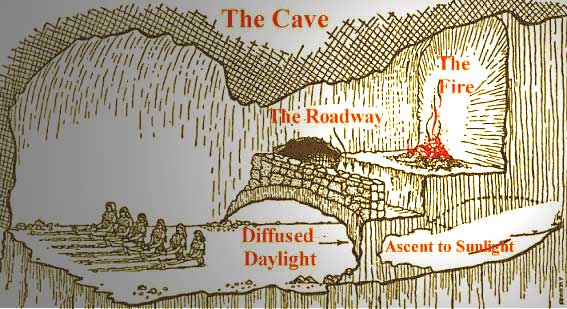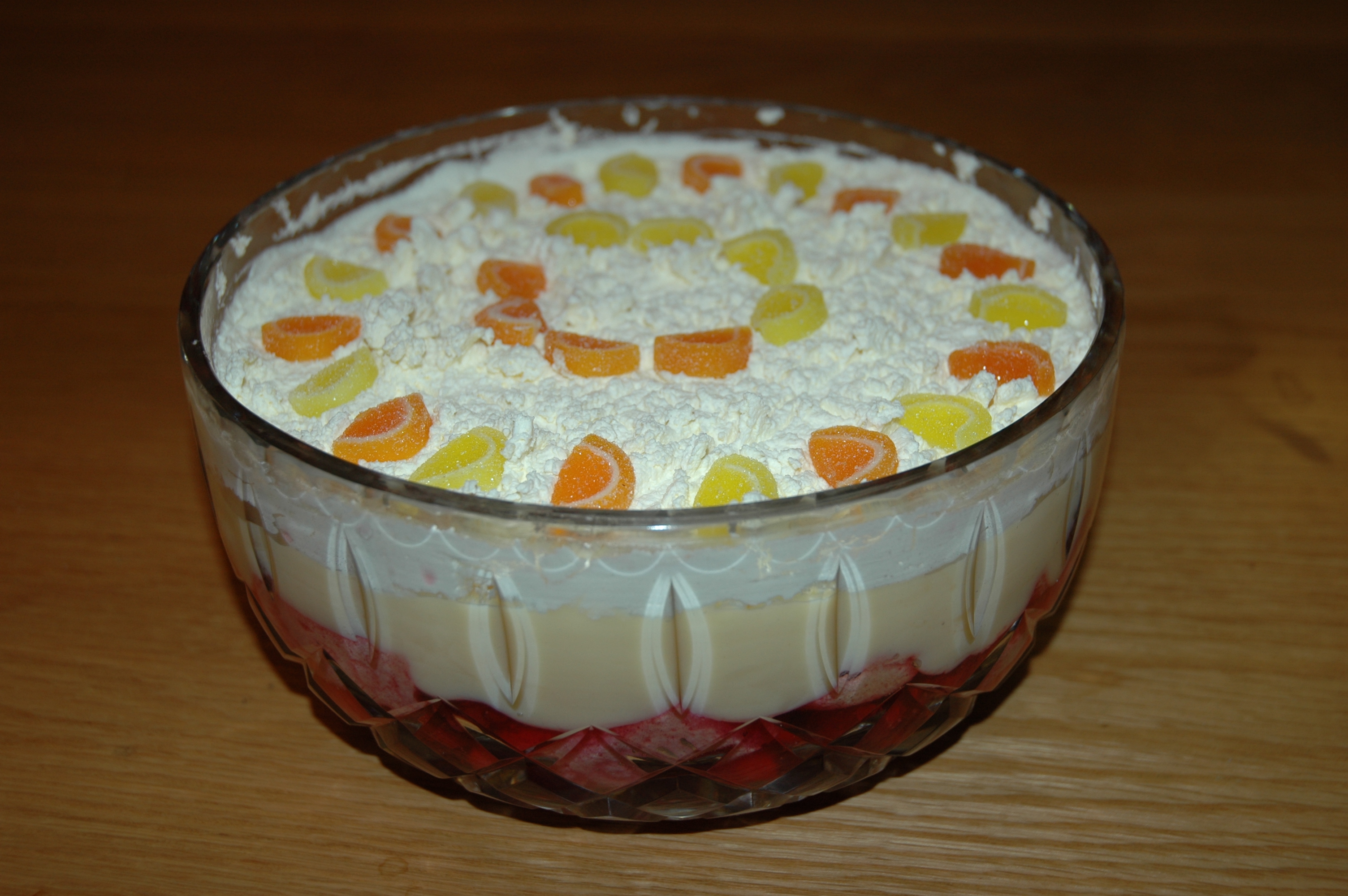 Today our imagination is constrained by commerce. This is not say imagination was not constrained at other times and in other cultures. Indeed, Jesus' ministry had the same aim, within the culture of his time, to release imagination from similar constraints.
Today our imagination is constrained by commerce. This is not say imagination was not constrained at other times and in other cultures. Indeed, Jesus' ministry had the same aim, within the culture of his time, to release imagination from similar constraints.
The powers always want to control the people. In Rome it was 'bread and circuses' and in our time junk food and the market, especially entertainment.
It is as if art has been elbowed aside by the media. What counts is our ability to reproduce things as commodities. I suppose it goes back to early manufacturing. Instead of depending on local craftspeople, it became possible to purchase goods mass produced to common standards.
From the beginning this was both a blessing and a curse. The retail co-operative movement aimed to ensure that food was at a good standard, not adulterated. These co-ops ameliorated the exploitation associated with control of the means of production and also helped mutual societies develop modern transport, wholesale and retail infrastructure. Today, many of the mutual associations, designed to protect the interests of working people, have long ago been absorbed into the world's financial markets.
We have never had access to so much art. Through media whether it is TV, film, DVD or the Internet we have historically unparalleled access to art. This is possible through our ability to reproduce and distribute millions of identical copies.
Art can lose its moorings in our minds when we become consumers of entertainment, no longer able to relate its imaginary worlds to reality. So, we have the example of the recent film Alice in Wonderland, where the book is lost, its anchors in reality cut away so to float it in the hegemonic pabulum of American imperialist culture. It is no longer a work of imagination but something that stands in for imagination. For all its tricksiness, it is held firmly in the teeth of those who would tell us what to think.
This misuse of imagination as a means to enslave, is not restrained to art and media. Fantasies rooted in false consciousness generated by the powers, is always in tension with the art of the day. Art at its best is a means of seeing beyond illusions to something real. Sometimes our eyes are opened and we recognise the real world beyond the magician's lamp.
The problem is the world behind our fantasies is not the world of ideals, such as Plato suggested were behind the shadows projected on the wall of his cave. Today, we see these ideals are themselves an illusion. So, what is real? If we want to answer that question we need to use our imagination.










Recent Comments